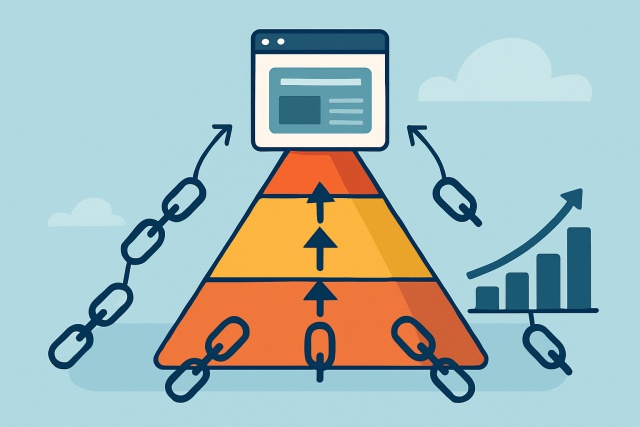
How to Get the Most from a Tiered Link Building Service for SEO
Unlock the power of tiered link building services with this step-by-step guide, designed to maximize...
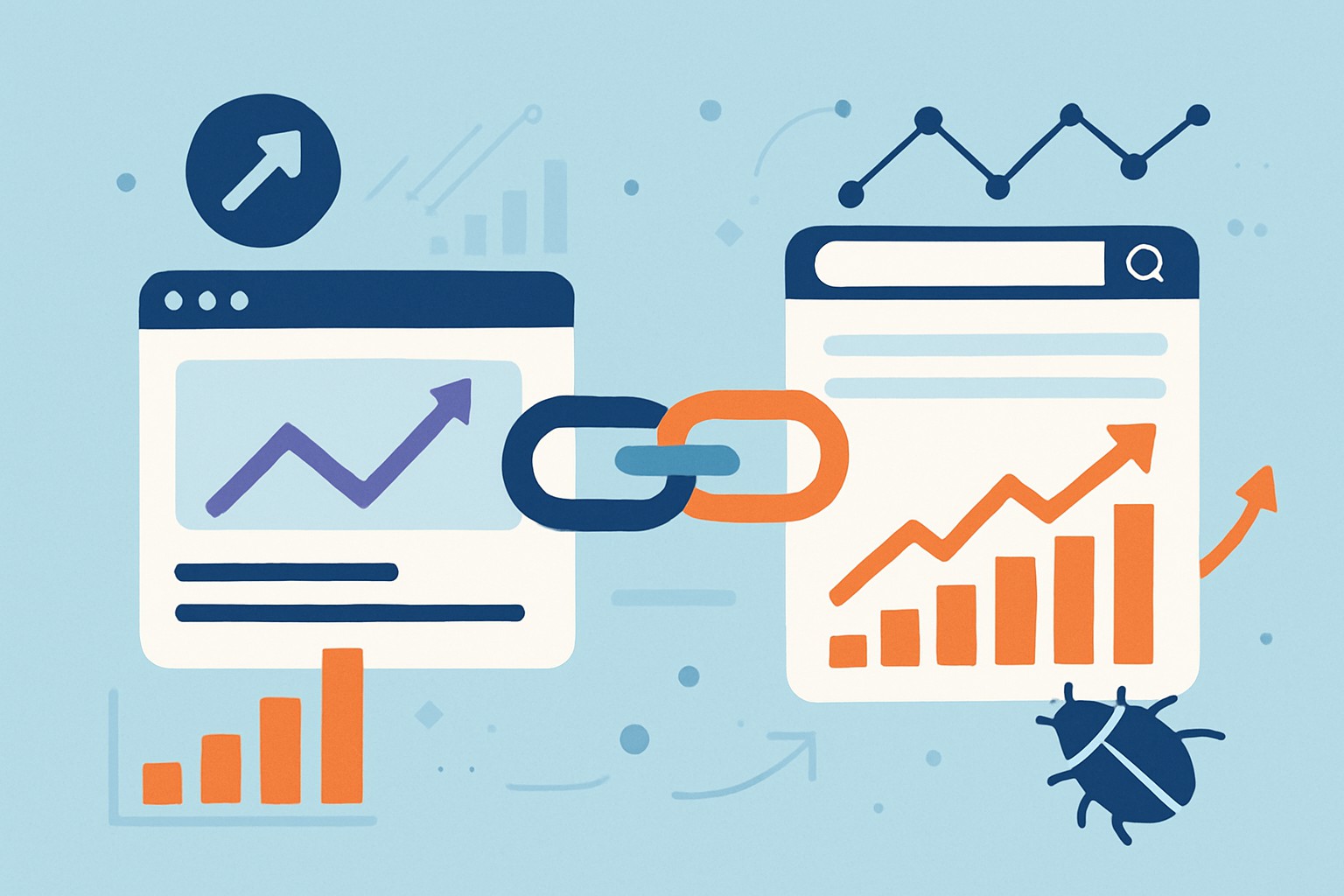
Reciprocal links in SEO often leave website owners and digital marketers scratching their heads. Knowing exactly when to use them and how they truly impact search engine rankings can steer you toward smarter decisions in your link-building game.
A reciprocal link in SEO is when two websites link to each other—think of it as a digital handshake, but without the awkward elbow bumps. You share a site with your visitors by linking to it, and the other site kindly returns the favor.
Internal links point to pages within the same website, keeping visitors cozy and connected. Reciprocal links involve a friendly handshake between different domains, a sort of give-and-take in the digital world. One-way links usually pass along authority without looking for a favor in return and come across as much more natural.
Reciprocal links play a role in SEO by passing along link equity often known as "PageRank" between websites. When one site links to another it hands over some value that can boost rankings. However, with reciprocal linking that value gets shared back and forth which can water down the benefits if it’s overdone or not managed thoughtfully.
Reciprocal linking isn’t inherently harmful, but when it’s overdone or misused, search engines might start casting a skeptical eye on how natural your link profile truly is. The key here is to be upfront and ensure those links actually serve your users first, rather than ticking off SEO checkboxes. — John Mueller, Google Webmaster Trends Analyst
Reciprocal links usually pack the most punch when they are used thoughtfully and in just the right context.
Team up with businesses that naturally complement yours, like a photographer joining forces with a wedding planner because their audiences tend to overlap quite nicely.
Share genuinely useful resources on related niche topics that really give your visitors something worthwhile—no fluff and just the good stuff.
Build a sense of community within your industry by swapping links with trusted sites, encouraging a spirit of cooperation that feels more like a handshake than a hard sell.
Boost the user experience by linking to relevant content that truly supports what your site already offers. Think of it as giving your visitors a little helpful nudge in the right direction.
Jump into mutual promotion for local SEO since it’s a great way to boost your visibility among nearby customers who are just around the corner.
Reciprocal links do more than just give your SEO metrics a little nudge. They actually help weave meaningful connections between site owners and their audiences, creating a genuine sense of community. These links invite collaboration and swing open the doors for some neat cross-promotion opportunities. Plus, they usually bring in highly targeted traffic that tends to convert well—visitors are already curious about related topics.
Using reciprocal links the wrong way can actually backfire on your SEO, especially if you go overboard or connect with sites that have nothing to do with your niche.
When someone comes knocking with a reciprocal linking offer, it is wise to keep an eye out for red flags like vague promises about where those links might end up or any rush to seal the deal on the spot. Don’t hesitate to politely say no to requests that don’t have a clear connection to your content or come off a bit pushy
To really make the most of reciprocal links and avoid the usual pitfalls, it’s best to focus on tried-and-true practices that highlight relevance, quality and natural linking patterns.
Sticking to these best practices not only shields your SEO from pesky penalties but also lets you enjoy the perks of relationship-driven traffic and a boost in brand visibility. Tools like Moz Pro and Mangools come in handy here, offering backlink analysis and link quality checks that ensure your reciprocal links actually play nice with your SEO goals.
Keeping a close watch on how reciprocal links affect your site's SEO and traffic is absolutely essential. Analytics and SEO tools make it straightforward to track referral traffic and gauge the quality of backlinks. They also help spot any shifts in rankings.

Visual representation of reciprocal links linking two websites, with SEO performance data and analytics insights
Reciprocal links can be a handy tool in your SEO strategy if you handle them with care and ethics. It is all about focusing on quality, staying relevant and keeping your linking habits natural. This way you avoid nasty penalties and benefit from stronger relationships and lasting traffic.
14 articles published
Driven by a passion for innovation and a deep understanding of consumer behavior, Cadence Ballantyne challenges conventional wisdom, offering fresh perspectives that inspire businesses to forge new paths in the ever-evolving digital realm.
Read Pages
Unlock the power of tiered link building services with this step-by-step guide, designed to maximize...
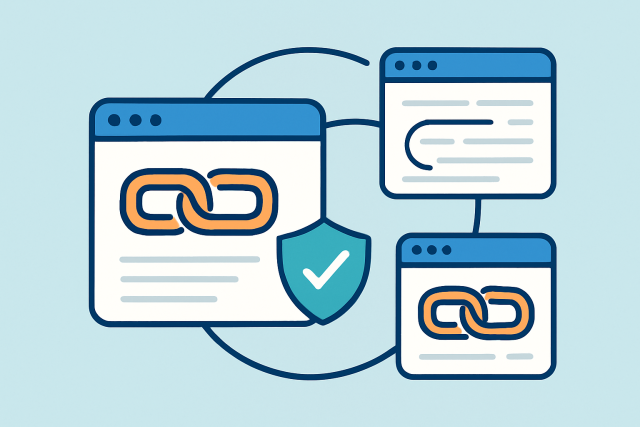
Link exchange SEO is a debated yet effective tactic when done right. Discover balanced pros, cons, a...
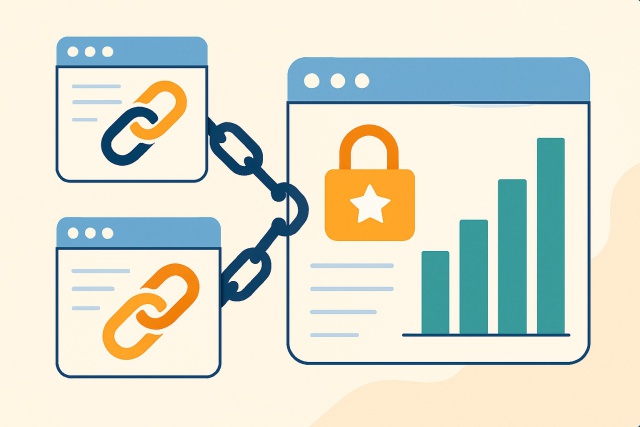
Unlock your website’s full SEO potential with premium linkbuilding techniques designed to build auth...
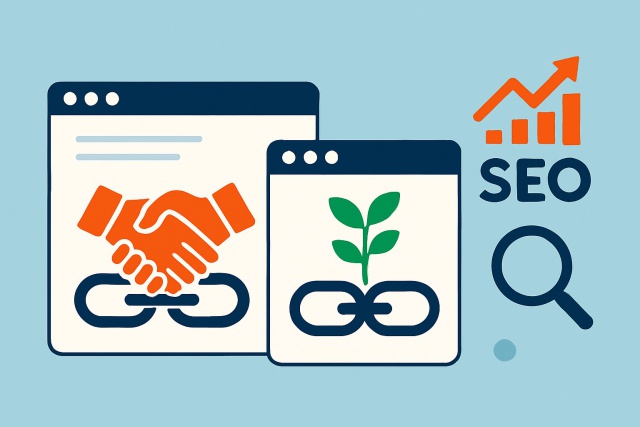
Understanding what is reciprocal link in SEO versus natural links is key for effective link building...